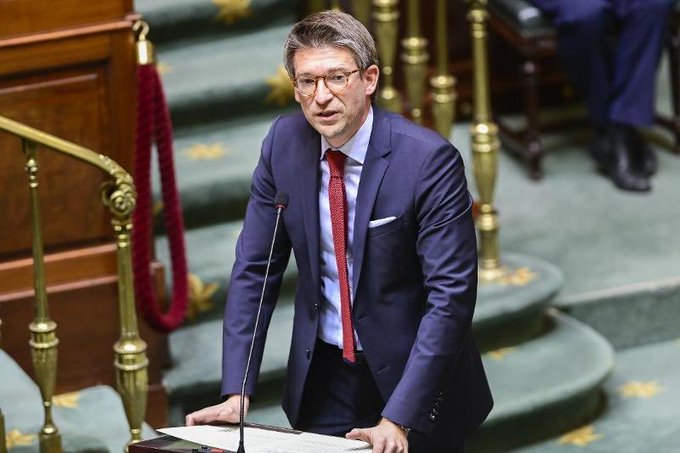The government has agreed on two measures to help business sectors hard-hit by the coronavirus epidemic in Belgium, economy and labour minister Pierre-Yves Dermagne (PS) has announced.
The first measure aims to help 27,000 employers in the Horeca sector – hotels, restaurants and cafes. Each year, employers in the sector have to pay a tax to the government for the annual holiday of their staff – a tax that can sometimes run into the thousands of euros.
Normally that has to be paid by 30 April. However back in March, the government decided to extend the deadline by six months to end October.
Now, however, when it is clear that establishments are able to re-open only after 201 days of enforced closure, and even then only partially, the decision was taken to scrap the 2020 payment altogether.
The result is that 27,000 employers of some 182,000 staff will keep a total of €110 million that would otherwise have gone to the government which, in the end, forced them to close.
The second measure concerns job creation and the social charges paid by employers for the people they employ.
Any company that creates new jobs from the start of the third quarter – from the first of July, in other words – will receive a temporary reduction of €1,000 in the social charges they have to pay for a maximum of five employees. For businesses particularly hard-hit, that sum could be increased to €2,400 for each of the five employees.
The conditions: those employees must remain with the company for the duration of the aid. And the company is forbidden to make collective redundancies, on pain of having to repay whatever aid was received.
“The measure applies to all companies and sectors,” said Frank Vandenbroucke (Vooruit), who aside from being health minister is also minister for social affairs.
“After all, the economic difficulties have not only affected the sectors that had to remain closed during most of the crisis. Everyone must be able to get off to a good start,” he said.
This measure will cost €225 million, bringing the total agreed yesterday to €335 million.

